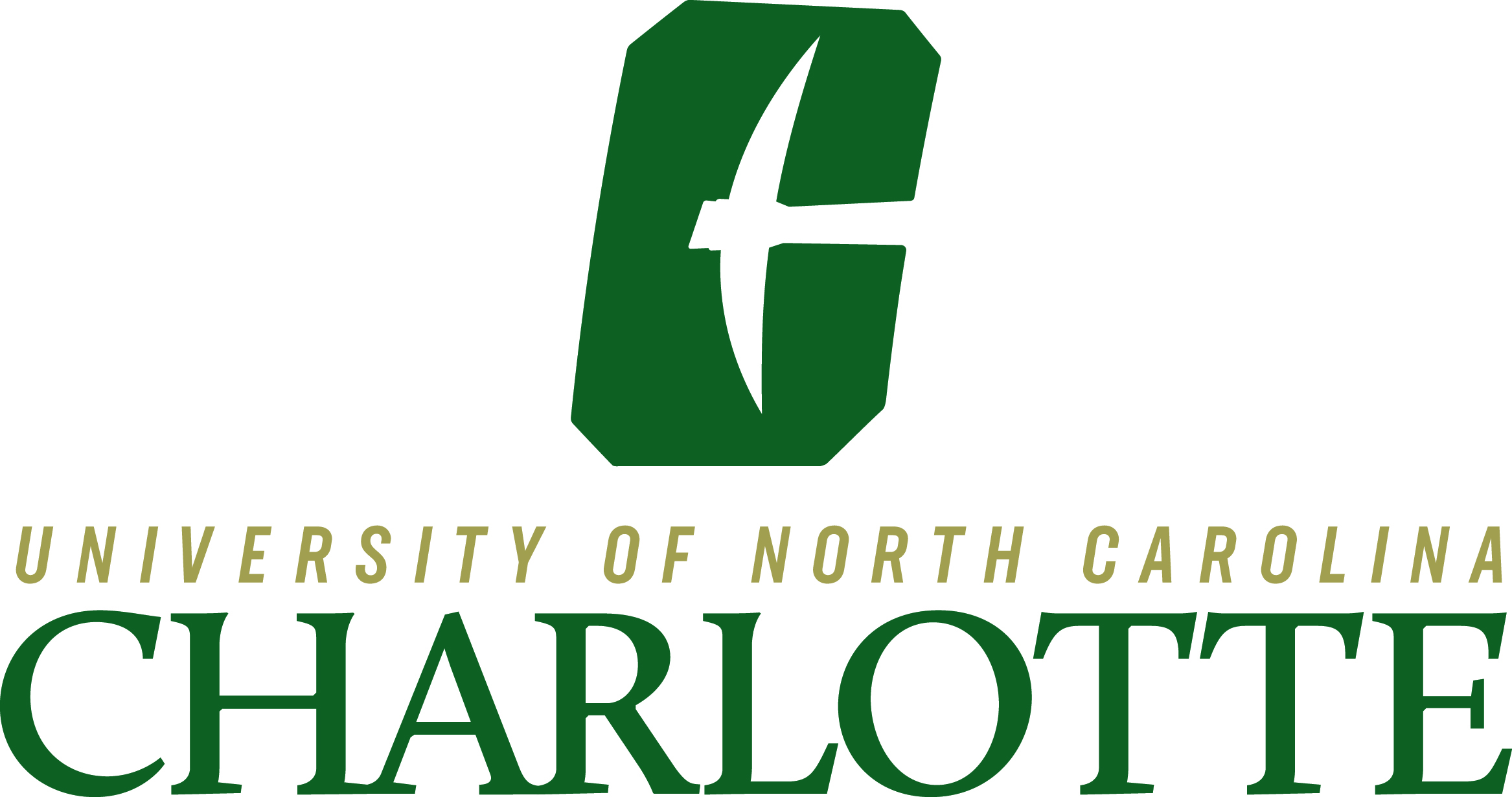Newswise — CHARLOTTE – June 5, 2013 - Many elementary students' math performance improves when their teachers collaborate, work in professional learning communities or do both, yet most students don't spend all of their elementary school years in these settings, a new study by UNC Charlotte researchers shows. The U.S. Department of Education funded the study, which the journal Sociology of Education recently published.
As school districts work to improve math scores and narrow racial and socioeconomic achievement gaps, many schools may have overlooked the impact of teacher collaboration and professional community on student success. Collaboration involves teachers working together to promote student achievement. A professional community exists when teachers feel a sense of belonging to a school, take pride in the school, understand and accept the school’s mission, and are constantly learning strategies to improve student achievement. The research shows that some schools have developed strong professional communities that strive to help students succeed but have not fostered an environment where teachers are constantly collaborating, or working together, to plan their lessons and discuss student needs.
Other schools have cultivated collaborative planning and teaching, but have teachers who do not feel that they are part of a professional community. Few schools have effectively developed both teacher collaboration and professional communities. Some students benefit from a collaborative setting, while others benefit from a professional community, which means schools should focus on both to help a larger number of students, the study suggests.
“A troubling finding from our study is that the majority of students are not studying in schools where teachers work together and where teachers feel that they are part of professional learning communities,” said study author Stephanie Moller, a faculty member in the Department of Sociology. “African American students are less likely than white and Hispanic students to study in these schools, despite the fact that they benefit the most from studying in such schools.” Moller’s co-authors are Roslyn Mickelson, Ph.D.; Elizabeth Stearns, Ph.D.; Martha Bottia, Ph.D., and Neena Banerjee, all with UNC Charlotte. Study findings suggest that school leaders have the power to enhance math test scores and reduce gaps in scores across groups of students by encouraging teaching environments where community and professional teamwork are valued and rewarded, the study authors said. “The path toward developing these environments in our schools is not without obstacles,” Moller said. “School leaders require a supportive district that provides resources for professional development while also allowing teachers time to work collaboratively. Leadership must also work to obtain teacher buy-in, as a forced community is rarely productive.” The current policy climate may make it difficult for school leaders to develop collaborative, professional communities in schools because the strategies for ensuring accountability have increased competition among teachers and decreased trust and morale, the researchers said. “These strategies should be revisited to ensure that they promote and reward collaboration among teachers.” Moller said. The researchers used a sub-sample of 4,490 students, who attended public elementary schools between 1998 and 2003, from the U.S. Department of Education’s nationally representative Early Childhood Longitudinal Study. This study focuses on grades K through 5 because most students who struggle in math at early ages continue to struggle in middle and high school. As years pass, the test score gaps that existed in the early grades widen, many studies have shown. The research was supported by the Institute of Education Sciences, U.S. Department of Education, through grant r305a100822 to UNC Charlotte. The opinions expressed are those of the authors and do not represent views of the Institute or the U.S. Department of Education.
About the College of Liberal Arts & SciencesAs the largest college at UNC Charlotte, the College of Liberal Arts & Sciences advances the discovery, dissemination, and application of knowledge in the traditional areas of liberal arts and sciences and in emerging areas of study. Offering eight Ph.D. programs, more than 35 master’s programs and graduate certificates, and nearly 30 undergraduate degrees in the humanities, social and behavioral sciences, natural sciences, and mathematics, the college supports interdisciplinary programs at all levels. Faculty and students actively engage with local, national, and global communities and seek to transform the world through creative and innovative solutions. Find the college on the web, on Facebook and on Twitter.
About UNC CharlotteUNC Charlotte is North Carolina’s urban research university and maintains a particular commitment to addressing the cultural, economic, educational, environmental, health, and social needs of the greater Charlotte region. UNC Charlotte is the third largest campus among the 17 institutions of The University of North Carolina system and the largest institution of higher education in the Charlotte region. Fall 2012 enrollment exceeded 26,000 students, including 5,000 graduate students. Find UNC Charlotte on the Web, Twitter, Facebook and follow the UNC CLT_News blog.
###
